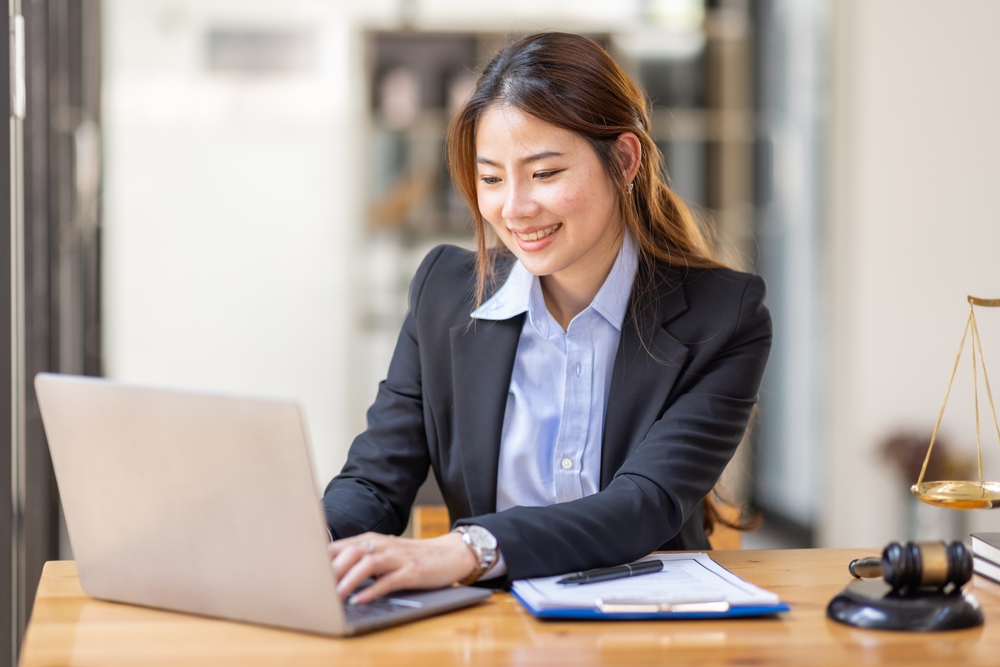The Role of Lawful Videography in Depositions and Trials
Legal videography has actually arised as a vital tool in both depositions and tests, offering a complex approach to documenting witness testimonies. As legal professionals progressively identify its value, it triggers a deeper examination of how these visual documents can influence juror assumptions and test results.

Significance of Legal Videography
Lawful videography plays an essential duty in the paperwork and discussion of depositions and trials. This customized field combines technical skills with lawful understanding to produce a trustworthy document of process that can significantly influence instance outcomes. The aesthetic element of legal videography enhances the understanding of witness statement, allowing jurors and judges to observe not just the talked words but also the temperament, feelings, and body movement of the witnesses.
On top of that, lawful videography supplies an objective account of events, minimizing the possibility for misconception that can accompany composed transcripts alone. This aesthetic documents serves as an important device throughout test presentations, promoting a more clear and even more persuasive story for both plaintiffs and offenders. The capacity to replay video segments throughout court procedures makes it possible for legal teams to highlight crucial points, strengthening their arguments successfully.
The value of legal videography prolongs past the courtroom; it additionally plays an essential function in protecting evidence for future recommendation, whether for charms or further legal activity. Thus, its integration into the lawful process is necessary for ensuring a reasonable and precise depiction of the realities, inevitably adding to the quest of justice.

Refine of Legal Videography
While recording the nuances of depositions and tests, the procedure of legal videography entails numerous crucial steps that make sure high-quality, exact recordings. Originally, a specialist lawful videographer prepares by examining the situation products and understanding the details requirements of the deposition or test. This preparation includes acquainting themselves with the individuals and the context, which helps in catching important details.
On the day of the recording, the videographer establishes up the needed devices, which typically includes high-definition cameras, microphones, and proper lighting. Making certain optimum angles and sound quality is essential, as it straight impacts the performance of the recording. The videographer communicates with lawyers and individuals to establish protocols, ensuring that everyone comprehends the recording procedure.
Throughout the deposition or test, the videographer diligently tape-records the procedures, paying attention to both spoken and non-verbal signs. This consists of recording the temperament and responses of witnesses and attorneys. After the session wraps up, the videographer might modify the footage for clearness and compliance with lawful standards, creating a last item that properly mirrors the procedures for future recommendation and use in legal contexts.
Advantages in Depositions
The consolidation of videography in depositions uses numerous benefits that boost the total process of gathering proof. One main benefit is the ability to record witness statements with visual and acoustic fidelity, supplying an extra exact depiction of the witness's demeanor, tone, and body language. This multidimensional technique permits lawyers and juries to examine credibility much more properly than conventional written records alone.
Furthermore, videographed depositions act as a powerful tool for protecting statement. Must a witness ended up being unavailable for trial, their videotaped deposition can be played in court, making certain that their proof remains accessible and appropriate. This facet substantially decreases the danger of shedding important information that could influence situation results.

Last but not least, videography enhances the overall expertise of the deposition procedure, instilling self-confidence in clients relating to the thoroughness of their legal depiction (legal videography). By leveraging innovation, attorneys can significantly boost the performance of depositions
Effect On Trials
In several trials, the integration of videography can substantially affect the presentation of evidence and the jury's understanding. Lawful videography records witness testaments and important proof in a dynamic layout, allowing jurors to engage with the material on numerous degrees. This aesthetic part improves the narration aspect of a test, supplying context and psychological vibration that conventional text-based evidence may lack.
Furthermore, video recordings can function as powerful devices for impeachment during cross-examination. When disparities emerge between a witness's prior statements and their courtroom testimony, video clip evidence supplies an unbiased reference that see this page can sway jurors' viewpoints. This immediacy and quality can reinforce the reliability of an event's story while all at once weakening opposing arguments.

Future Trends in Legal Videography
As we look toward the future of legal videography, numerous emerging patterns promise to reshape its function within the court room. One considerable fad is the combination of synthetic intelligence (AI) in video clip evaluation and editing. AI can enhance the procedure of identifying vital moments in videotaped depositions, allowing lawyers to rapidly access relevant material, thus boosting performance in case prep work.
Furthermore, the rise of online truth (VR) and increased truth (AR) innovations is expected to change how jurors experience proof. legal videography. By immersing jurors in a simulated atmosphere, these modern technologies can offer a why not try here much more profound understanding of complex circumstances, causing more educated deliberations
In addition, the raising need for remote depositions, increased by the COVID-19 pandemic, will likely continue. Legal videographers will require to adapt to brand-new software and platforms to guarantee top notch recordings in digital settings.
Finally, the expanding focus on data safety and security will certainly demand stricter procedures for saving and sharing video clip proof. As the legal landscape evolves, lawful videographers need to remain abreast of these trends to keep their significance and efficiency in the judicial process.
Conclusion
In summary, lawful videography offers a crucial feature in the judicial process, enhancing the stability of depositions and tests. As technology proceeds to evolve, lawful videography is poised to additional change its function within the legal landscape.